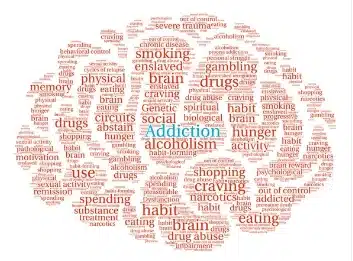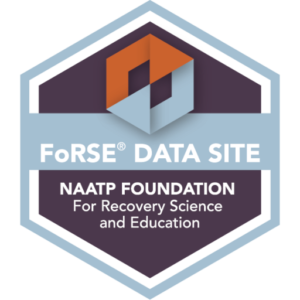Why Do Addicts Relapse When Things Are Good?
Why do addicts relapse when things are good? is a question we may ask ourselves. Many people abuse alcohol and other drugs in an attempt to cope with stress or failure. In times of despair, they turn to substances as a way to numb themselves to the emotional pain that they can’t address in a […]
Why Do Addicts Relapse When Things Are Good? Read More »








